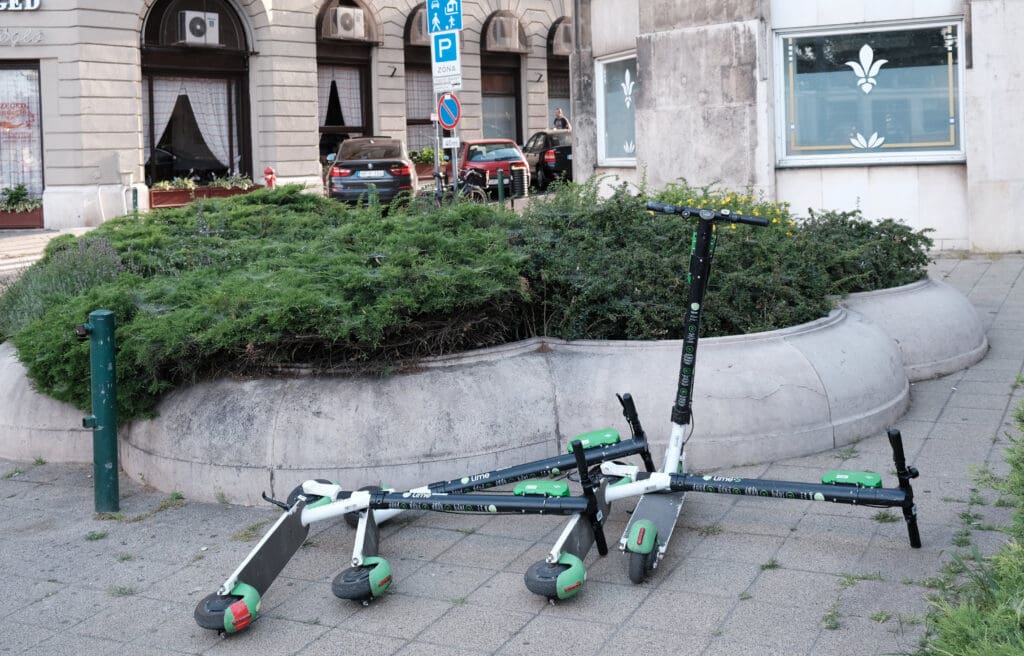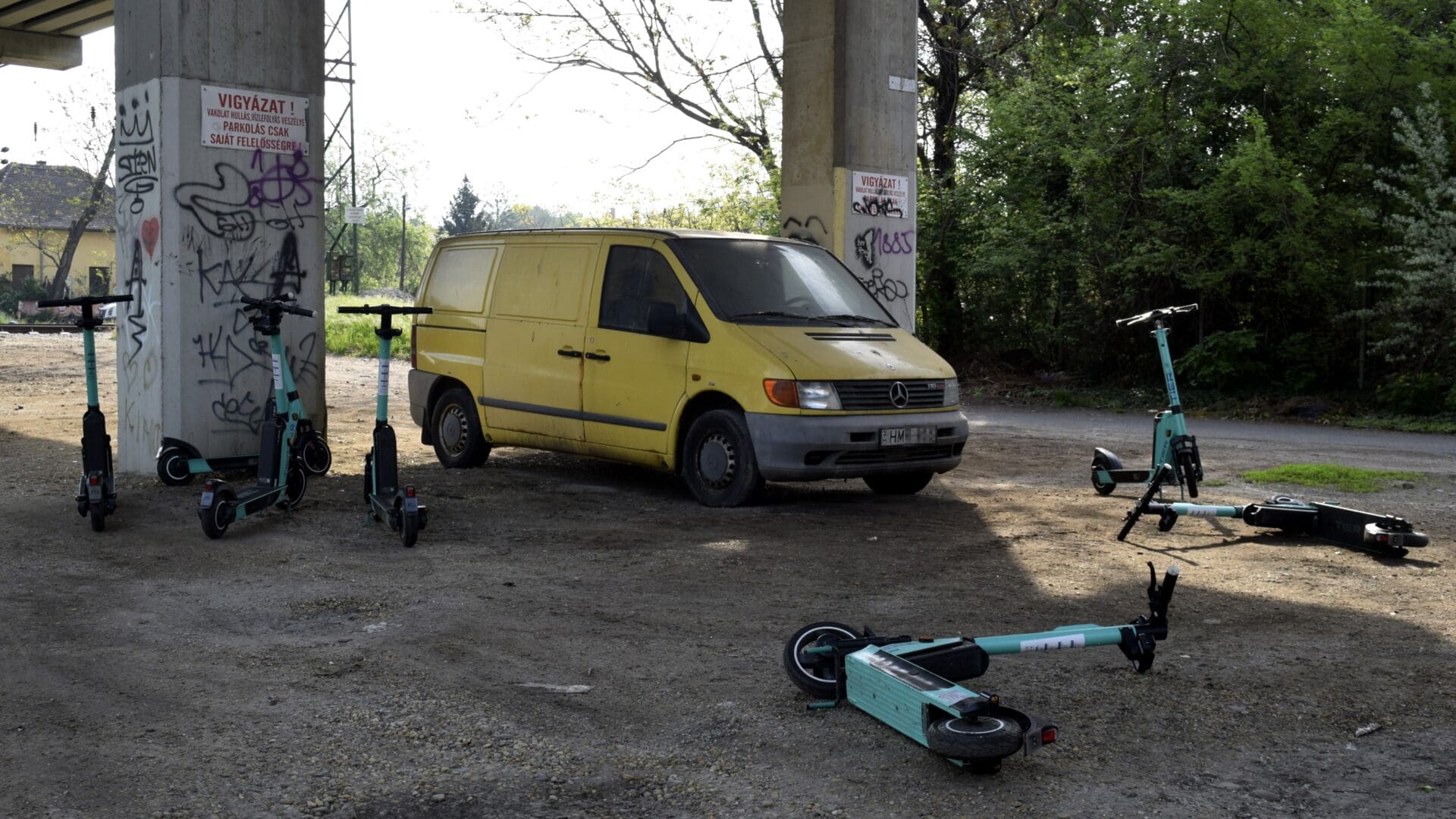Policymakers seem to approach the legal regulation of electric scooters with a level of apprehension. Recently, a constitutional challenge to the regulation of e-scooter use was dismissed by the Constitutional Court without substantive scrutiny. Meanwhile, the Minister of Transport has announced further delays, committing to amend the regulation in force only by the first half of 2024, with the introduction of the new KRESZ, the Hungarian road traffic code, postponed by an additional one to two years.
Hungarian Conservative previously reported on issues surrounding electric scooters in Hungary, after the Paris municipality decided on banning them. Hungary is a member state of the European Union, and as such, it is mandatory for it to adhere to Regulation 168/2013/EU, which stipulates that only vehicles with seats qualify as motor vehicles. Considering that most scooters lack seats, according to the strict interpretation of the EU regulation, they do not qualify as motor vehicles.
E-scooters have become despised by many in Budapest, mainly due to the recklessness of the riders. As e-scooters are still unregulated, anyone without any prior experience or training can take them into traffic. Because they are unregulated, it is not even clear whether they can be ridden on public roads or pavements, whether wearing a helmet is compulsory, or whether the same zero-tolerance alcohol limit applies to e-scooter users as to motorists.
Approximately six weeks ago, the Constitutional Court dismissed a complaint from a resident of Debrecen. In his complaint, he claimed that
his driving licence had been unlawfully revoked for riding his e-scooter under the influence.
The man argued that there are no specific KRESZ regulations that apply to e-scooters in that regard. However, the majority of constitutional justices argued that the complaint did not present arguments of fundamental constitutional significance or raise the question of the constitutionality of the lower-instance judicial decisions in a substantive manner.

Of the fourteen judges who endorsed the decision, three (Ágnes Czine, Zoltán Márki, and László Salamon), however, provided separate opinions. According to Zoltán Márki, the interpretation by the lower instance courts effectively shifted the burden of proof. According to them, it is not the responsibility of the prosecution to prove that the offender knowingly violated a prohibition but rather the defence must demonstrate that the tool used is not a vehicle. László Salamon, on the other hand, suggested that there may be a case of unconstitutionality by omission, given the undeniable perception of legal uncertainty regarding the use of electric scooters.
In March, Minister of State for an Active Hungary Máriusz Révész announced that a draft amendment to the KRESZ concerning e-scooters was ready. According to the proposed amendment,
electric scooters with a maximum speed of 25 kilometres per hour would be subject to the same rules as bicycles.
However, this regulation would only affect low-speed e-scooters, Segway scooters, and the devices of scooter-sharing services, as devices exceeding 25 kilometres per hour would be considered mopeds, he added.
This amendment was planned for the first half of this year, but due to government restructuring, the finalized draft was transferred to the Ministry of Construction and Transport. Therefore, the final decision is in the hands of Minister János Lázár, who, in a press briefing in July, announced that the preparation of a comprehensive review of the KRESZ was underway as the current road traffic code is no longer adequate considering the major changes in road traffic in the past twenty years.
However, both the draft and the announced public discussion are still pending. This week, during a committee hearing, János Lázár spoke about the two-stage renewal of the KRESZ. He stated that in Hungary, the amendment of the road traffic code in order to regulate modes of transportation that are currently unregulated, such as scooters, is unavoidable in the short term. He remarked that the modifications may come in the first half of 2024. At the same time, he nailed it down that a new KRESZ must be adopted by 2025–2026, to align with EU trends and changes in road traffic.
Read more:
Sources: Hungarian Conservative/Index







